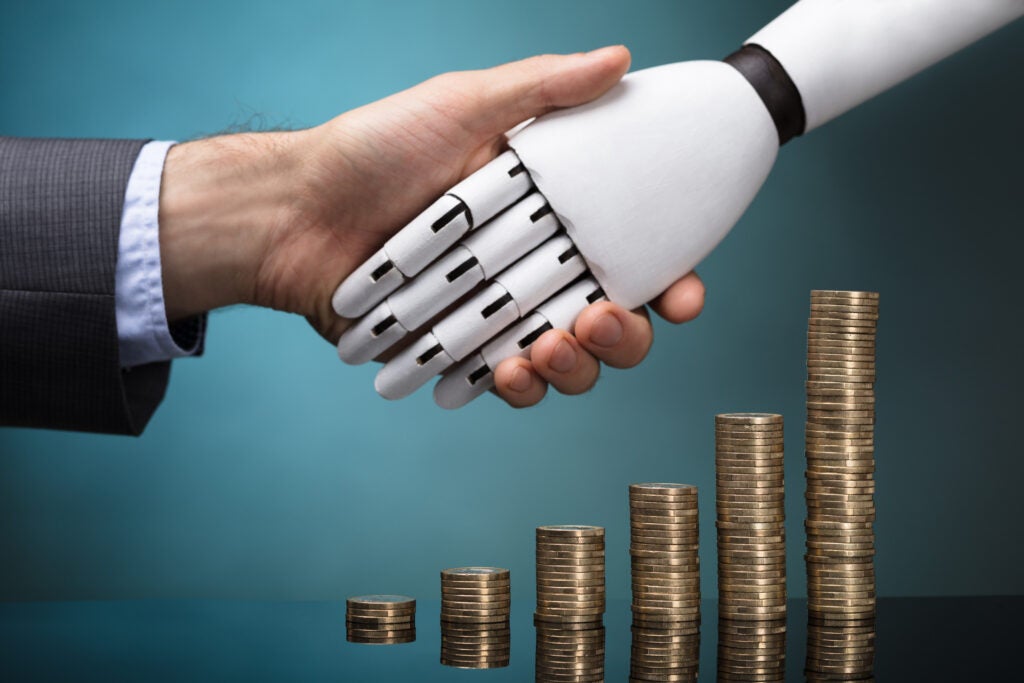
In 2023 India had 128 billion mobile payment transactions worth a total of $2.4trn, according to GlobalData figures.
For context, the US had 15 billion transactions in the same year worth a total of $938bn. The South Asian country is second only to China in terms of mobile payment numbers.
The Indian government has strongly supported the growth of digital payments, as part of its aim to become “faceless, paperless, and cashless” through the Digital India initiative. In 2016, it set up the Unified Payments Interface (UPI), developed by the National Payments Corporation of India (NPCI) to allow users to seamlessly transfer money between bank accounts. In 2024, the system is also gaining traction abroad in markets such as France, Saudi Arabia, and Singapore, allowing Indians abroad to continue with this payment method.
Convenience of mobile payments
Another big driver of mobile payments is convenience. GlobalData research found that 91% of Indian consumers had a mobile wallet in 2023. India also accounted for over 40% of all global real-time digital payments in 2023, according to Indian government data.
Their ubiquity makes it easy for cashless exchanges in India. This in turn has made it easier for Indians to participate in a modern, digital economy and is a driver of economic growth for the South Asian powerhouse.
Digital channels need to be safeguarded in an almost cashless society
Private banks using these systems of payments, where their consumers conduct all financial activity through digital channels, need to have robust systems in place to protect financial data. In April 2024, the ICICI Bank, one of India’s leading private banks, leaked the details of more than 17,000 new credit cards to the wrong consumers through its iMobile Pay smartphone application. According to TechCrunch, the app has more than 28 million users.
How well do you really know your competitors?
Access the most comprehensive Company Profiles on the market, powered by GlobalData. Save hours of research. Gain competitive edge.

Thank you!
Your download email will arrive shortly
Not ready to buy yet? Download a free sample
We are confident about the unique quality of our Company Profiles. However, we want you to make the most beneficial decision for your business, so we offer a free sample that you can download by submitting the below form
By GlobalDataWhile small fry in terms of the number of consumers affected (roughly 0.1 of ICICI consumers were impacted), it highlights the importance of cybersecurity and good governance in a country whose financial activity is almost completely online.
Vulnerability is a mobile payments issue
Private players in this space need to prioritise the safety of consumer data. This is especially pertinent as large tech companies have access to millions of people’s sensitive financial data.
The Indian government is cracking down on the governance of private entities in the mobile payments space. For example, in February 2024, the Reserve Bank of India (RBI) barred Paytm, India’s third-largest payment app, from onboarding new users or allowing further credit transactions after an audit found non-compliance issues. It signalled a crackdown on poor governance.
Mobile payments will continue to be a vulnerable area for cybersecurity, given the lucrative nature of financial data. This means that it is vital for both the public and private sectors to take it seriously and protect their consumers from breaches. Failure to do so will result in penalties from the government and sustained damage to the reputation of the company.





Related Company Profiles
ICICI Bank Ltd